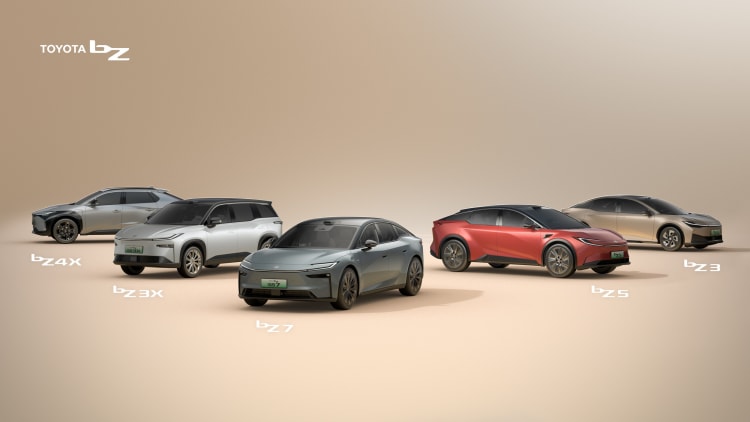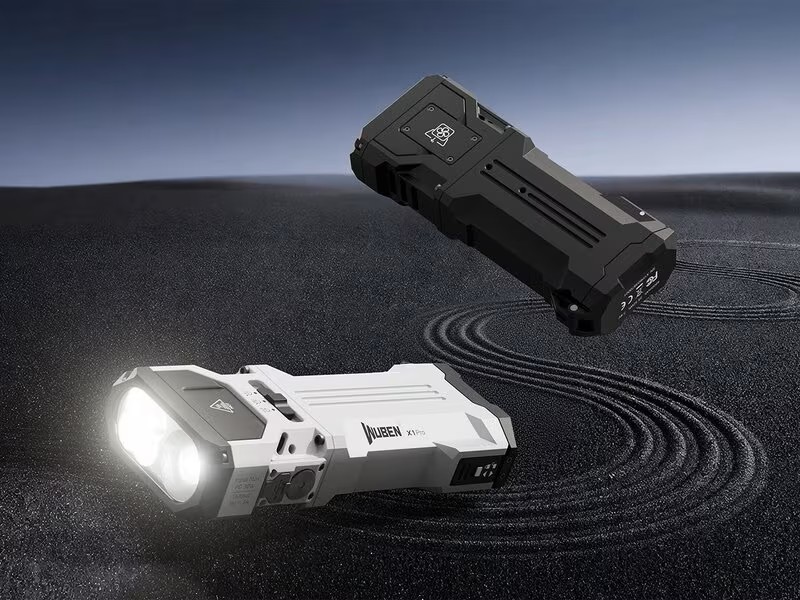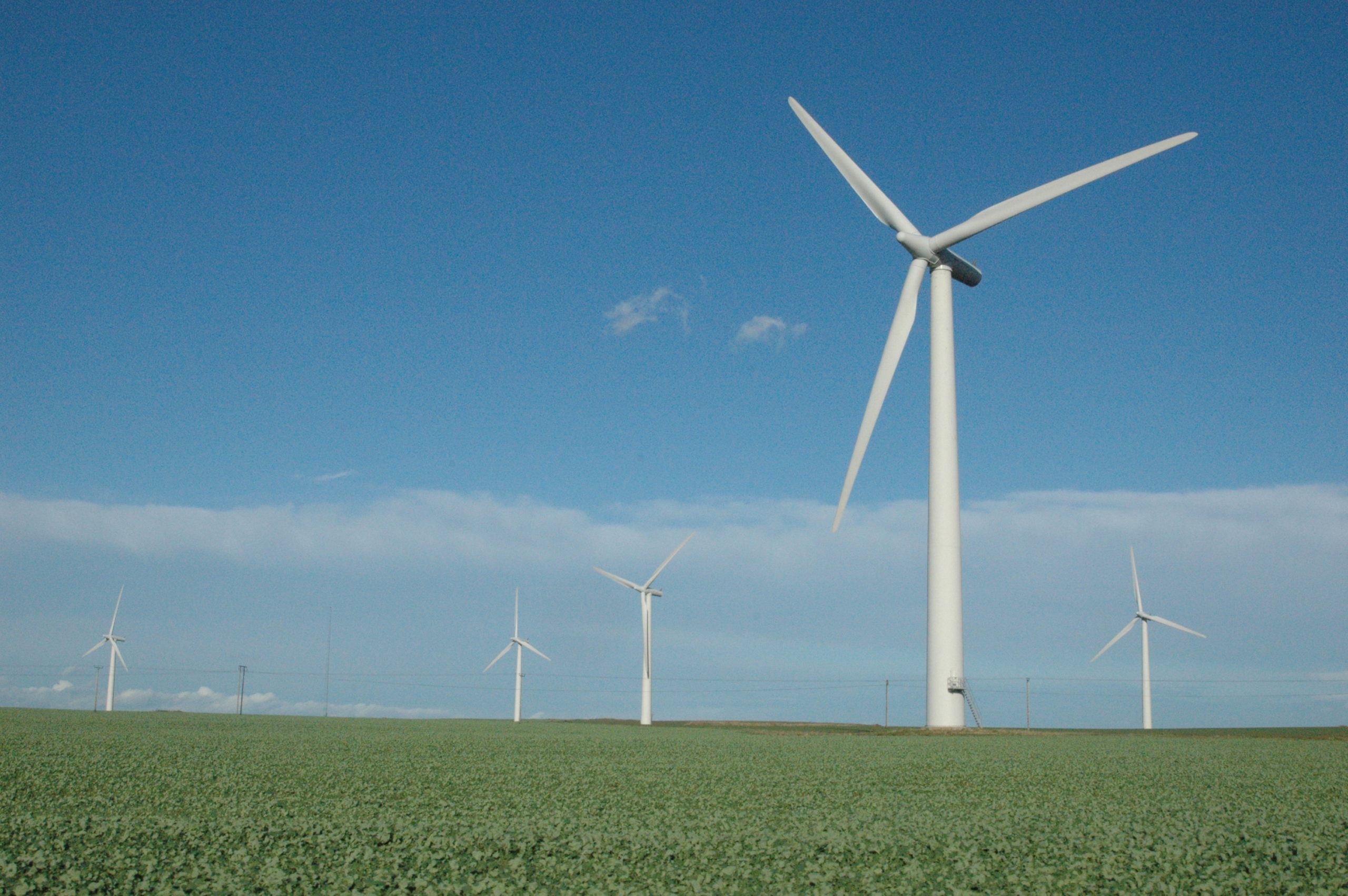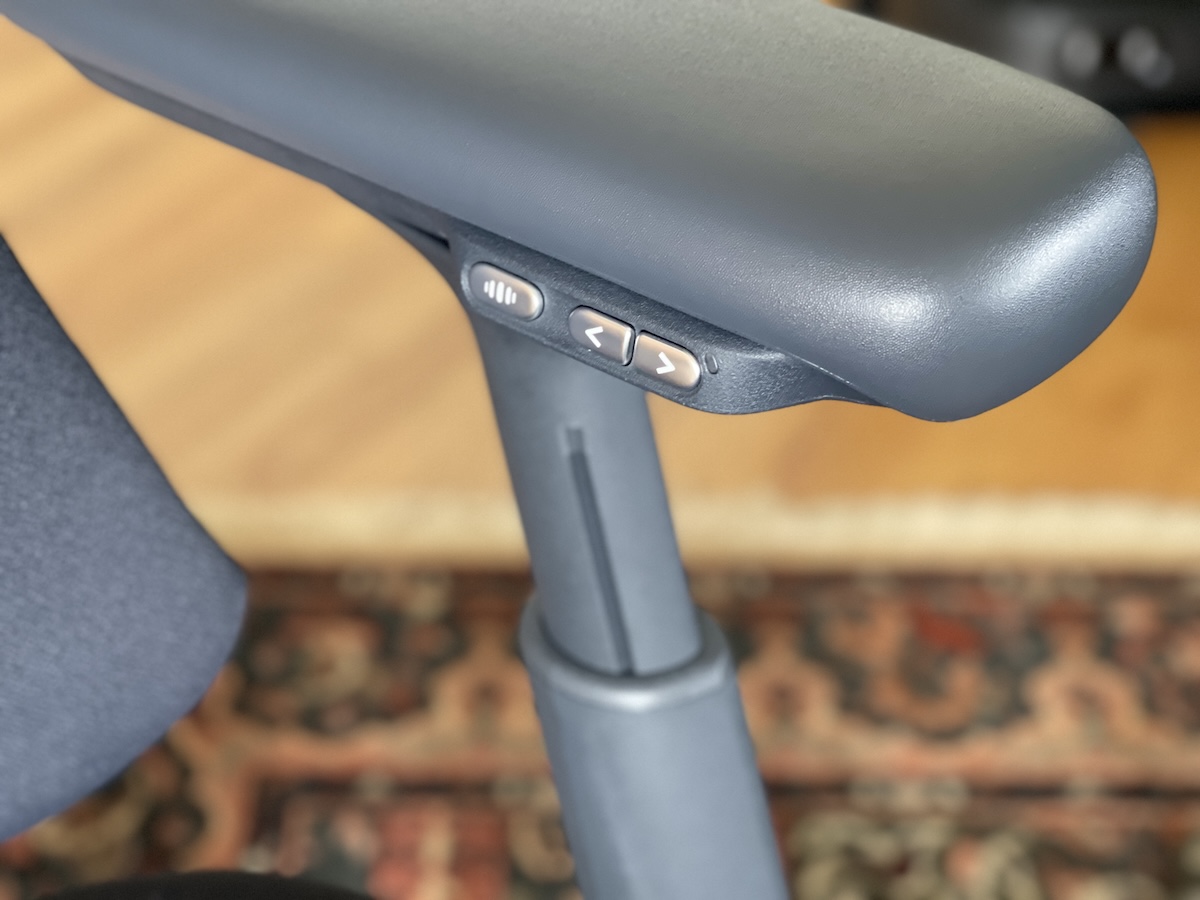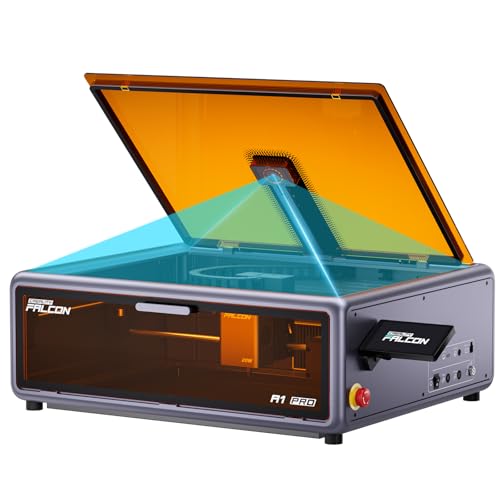Current EVs force uncomfortable compromises—range anxiety versus charging time, performance versus safety. Toyota’s upcoming all-solid-state battery technology, targeting 2027-2028 mass production, aims to address these trade-offs through a fundamental rethinking of how EVs store and deliver power.
The Holy Grail of Battery Tech
Solid-state batteries replace flammable liquid electrolytes with ceramic materials, unlocking transformative performance gains.
Toyota’s solid-state cells target what sounds like science fiction:
- Over 600-mile range per charge
- Dramatically faster charging speeds
- Improved fire resistance
Unlike current lithium-ion batteries that degrade noticeably after a few years, these solid-state systems are designed to maintain capacity across thousands of charging cycles. Your EV could potentially outlast your car payment.
Strategic Partnership Powers Production
Toyota’s collaboration with Sumitomo Metal Mining tackles the manufacturing challenges that have kept solid-state batteries in labs.
Since 2021, Toyota and Sumitomo have developed advanced cathode materials using proprietary powder synthesis methods. Sumitomo will begin full-scale production specifically for Toyota’s batteries, with a 1,000-ton annual facility ready by 2027. This partnership represents Japan’s push for supply chain independence from China and South Korea—a strategic move that could reshape battery manufacturing.
Racing Against Silicon Valley and Detroit
While BMW, Honda, Mercedes, and Stellantis experiment with solid-state prototypes, Toyota aims for mass-market reality first.
Most competitors remain in pilot phases or semi-solid-state compromises. Toyota’s move into production-scale development suggests they’ve made progress on the manufacturing challenges that have stumped the industry for decades. If successful, they could transition from EV follower to technology leader.
Manufacturing Reality Bites
Complex production processes and material constraints could challenge Toyota’s ambitious timeline.
Scaling solid-state battery production remains expensive and technically demanding. Toyota acknowledges these bottlenecks while publicly committing to solve them by 2027. The gap between lab breakthroughs and factory floors has humbled many tech giants—just ask anyone still waiting for those flying cars.
Your Next EV Decision
Should you wait for Toyota’s solid-state revolution or buy today’s proven technology?
If you’re shopping for an EV now, today’s options offer proven reliability and expanding charging networks. But if you can wait three years, Toyota’s solid-state technology could redefine what EVs can do—if they deliver on their promises. Industry observers suggest keeping tabs on Toyota’s progress while enjoying whatever you drive today.


